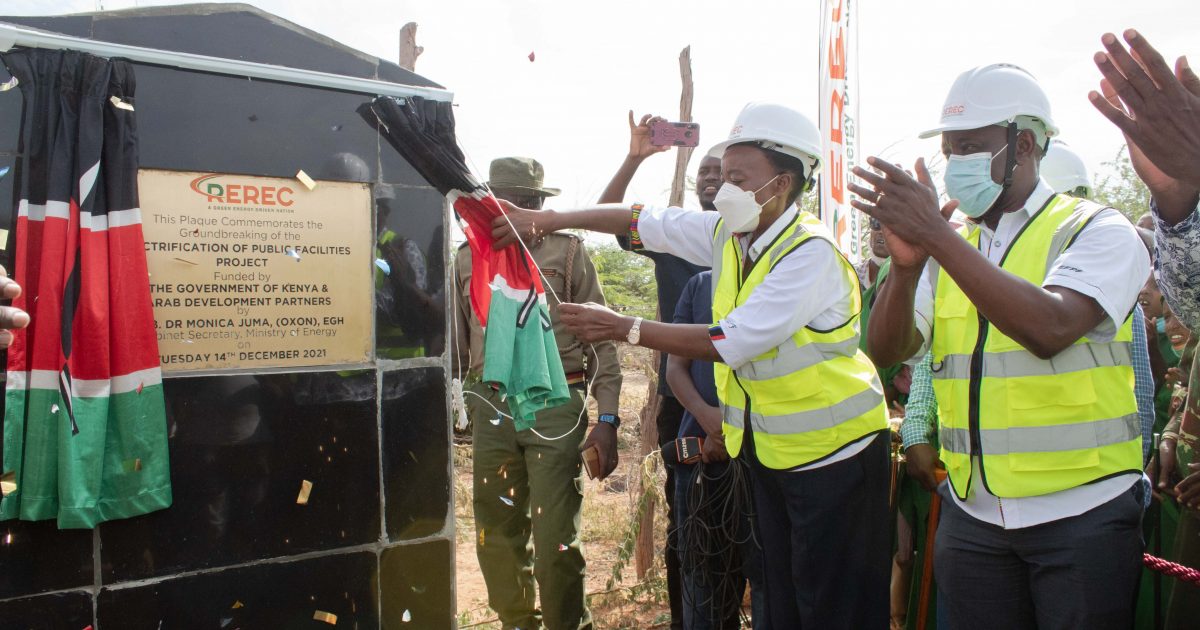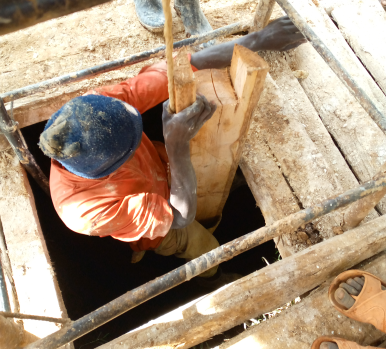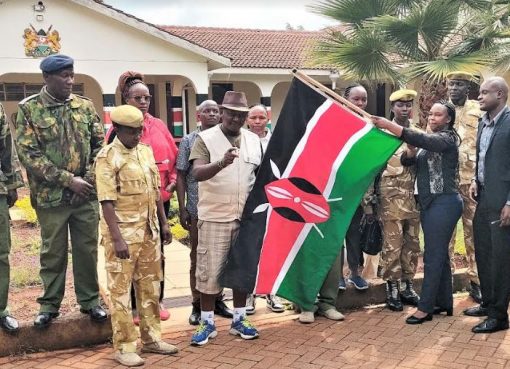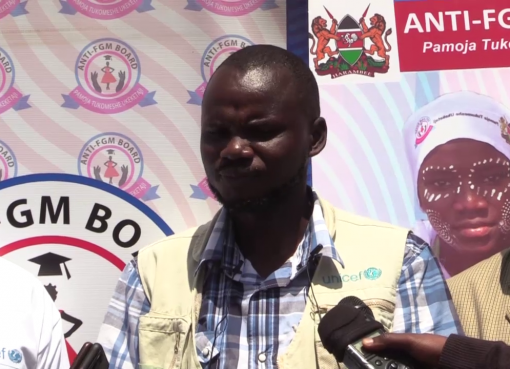The Government has launched Electrification of Public Facilities Project (EPFP) to connect power to over 1,200 public institutions, within 36 counties across the Country, at a cost of Sh 6.4 billion.
The project will be implemented by the Rural Electrification and Renewable Energy Cooperation (REREC), and is divided into 5 Lots; Nyanza and Western Region, North Rift, South Rift, Central and Upper Eastern, and Lower Eastern and Coast regions.
Speaking at Wekoye Primary School in Charidende, during the official launch of the programme, Energy Cabinet Secretary, Monica Juma, said that the project will be complete by June 2022.
Juma said that by connecting public facilities to the national grid, the project will be a critical contributor to enabling the improvement of the livelihoods of the Kenyans.
“This project will lead to improvement in the standards of living, in the provision of social services such as education and health,” Juma said.
Public facilities to be connected to power include market centers, health centers, educational institutions, tea buying centers, coffee factories and administration centers among others.
To expedite this project, the Government of Kenya, secured credit financing from its Arab Development Partners for rural electrification of public facilities and households, in selected rural priority areas.
The financiers include; Arab Bank for Economic Development for Africa (BADEA); OPEC Fund for International Development (OFID); Saudi Fund for Development (SFD) and the Abu Dhabi Fund for Development (ADFD) in conjunction with the Government of Kenya.
“In schools, electrification will result in the uptake of ICT and use of modern learning methods, thereby improving the competitiveness of rural schools in attracting qualified teachers as well as improving their performance,” she added
She said that contractors are under strict instructions to have the job completed before June next year.
“This is one project that His Excellency the President is keenly monitoring and wants to see to it that it succeeds. It will accelerate and enhance rural electrification in Kenya, a situation that will translate into economic growth to our people and country at large, “said the CS.
The CS assured Kenyans that her Ministry is working to reduce power production cost that will in turn provide affordable power to consumers.
Juma said that measures are already in place to minimize both system and commercial losses and assured that the December power bills, will be lower by 33 percent as earlier promised.
She refuted claims that some of the private power providers (IPPs) had refused to hold negotiations for reducing power tariffs.
Ms. Juma said that every private power provider at the Kenya Power Company, signed their contracts as individuals and not collectively.
“We do not have a collective called the IPPs. Power producers have signed contracts individually and I did make a call to any IPP that is willing to engage with the government to give an indication of doing so,” she said.
“In fact we have received more than 50 percent of IPPs who have come forward, we have had initial conversations so the notion about rejection of negotiations by IPPs is actually wrong and I was quite surprised when I saw that in the media,” she added
Bura Member of Parliament (MP), Ali Wario, welcomed the Project which he said will lead to significant economic development of the country and socio-economic transformation to the communities residing in the region.
“We are now talking of an improved business environment as well as establishment of income generating activities at the households’ level and also within the market centers in the project areas. We can’t wait to have this project complete, so that our people can benefit,” said Wario.
Tana River Women Representative, Rehema Hassan, said the project will lead to improvement in the standards of living, in the provision of social services such as education and health.
“Availability of electricity in rural trading centers empowers the rural populace, enabling growth of income generating activities such as the Jua kali sector and providing employment opportunities. Furthermore, rural electrification shall enable mechanized farming methods for improved food security,” she said.
The Chairman of the REREC Board of Directors, Prof. Simon Gicharu, while thanking the Arab Development Partners for providing funds to support the electrification project, said the Corporation has aligned its activities with the national economic development blueprint, Vision 2030 and the Government’s ‘Big 4’ agenda that emphasizes on specific targets in manufacturing, food security, affordable housing and healthcare for all by the year 2022.
“I would like to reiterate our commitment in implementing the recommendations of the Presidential taskforce on the review of Power Purchase Agreements geared towards reducing the cost of electricity,” said Gicharu.
The Government has set target of achieving universal coverage of electricity by 2030.
By Erick Kyalo





